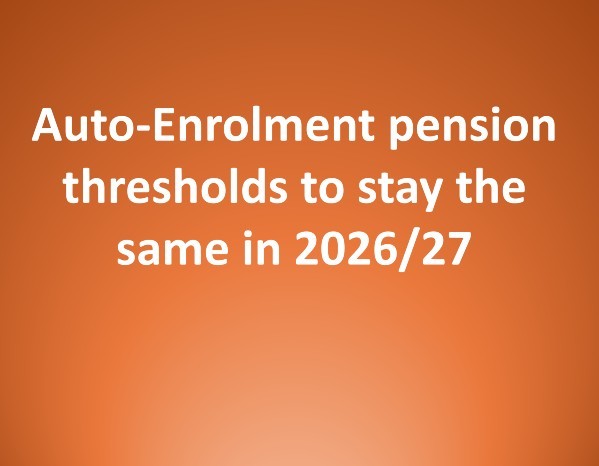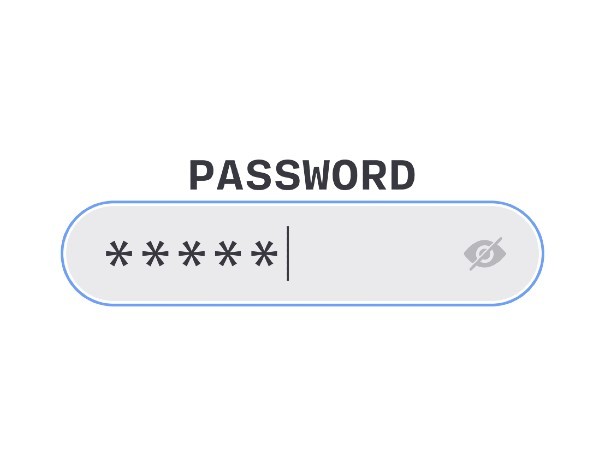
Q. My partner has been suffering with "long COVID" for several months, and unfortunately has had to leave his job as a result. Our daughter is in her second year of university, and we can't really afford the drop in income, so I’m taking a second job. The hours will vary, but I’m certain that the additional income will push me into the higher rate tax band for 2021/22. I’ve heard that the National Insurance contributions I pay should be capped as a result, but I'm not sure how to go about arranging this. Do I need to make a claim?
A: You are correct that the amount of NI you pay at the main rate, i.e. 12%, is restricted to your earnings up to the higher rate threshold. For earnings above that, the charge is 2%. There is a problem in that the NI system is totally separate from the tax system so this won't automatically be addressed by your PAYE code or self-assessment tax return (if you file one).
One option would be to contact the NI office to request a deferment on your second employment which will restrict the NI charge to 2%. However, if your earnings from your main job are below the higher rate threshold, some of the earnings from the second job should be subject to the 12% rate so you may need to make an additional payment after the end of the tax year. If you want to follow this route, you will need to complete application form CA72A.
If you would prefer not to have a bill later down the line, you can allow the overpayment to occur initially and claim a refund after the year-end by writing to:
Personal Tax Operations
North East England
HMRC
BX9 1AN
You will need to explain the circumstances that led to the overpayment, and preferably include a calculation of the estimated refund due.
The information provided in this blog is for general informational purposes only and should not be considered professional advice. As far as we are aware, the content is accurate at time of publication. Torgersens assumes no responsibility for errors or omissions in the content or for any actions taken based on the information provided.

.jpg)


.jpg)



